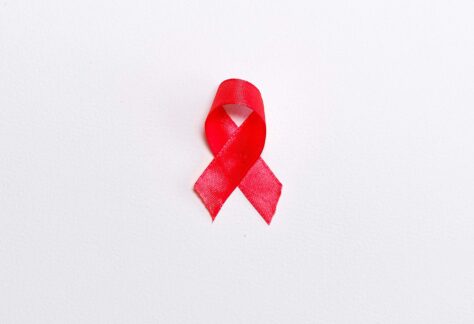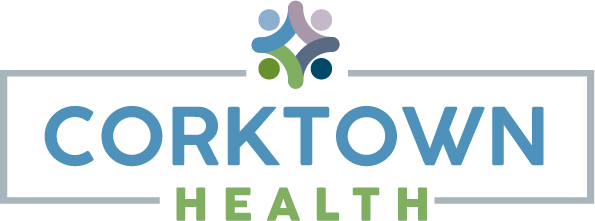PrEP & PEP Navigation
HIV Pre-Exposure Prophylaxis & Post Exposure Prophylaxis treatment is designed to reduce or control the risk of infectious diseases.
What is PEP?
PEP, short for Post-Exposure Prophylaxis, is taken before someone is potentially exposed to HIV, PEP is taken as soon as possible after a potential exposure. PEP typically consists of three HIV medications (often in the form of two pills) which are taken for a period of 28 days. PEP must be started within 72 hours of exposure in order to be effective, and the sooner after the exposure you start PEP the more effective it is.
While PrEP is great for people who know they are at risk for HIV, sometimes unplanned situations happen, such as a condom breaks, unplanned sexual encounters, accidental needle sticks, injection drug use, or sexual assault. For these kinds of situations, PEP is a great defense against HIV. If you think you may have been exposed to HIV and would like to start PEP, contact our clinic directly or go to an emergency department as soon as possible.
What is PrEP?
PrEP stands for Pre-Exposure Prophylaxis. The word “prophylaxis” means to prevent or control the spread of an infection or disease.
Two HIV medicines are approved by the U.S. Food and Drug Administration (FDA) for use as PrEP: Truvada and Descovy. Generic Truvada is also available. Which medicine to use for PrEP depends on a person’s individual situation. PrEP is most effective when taken consistently each day.
If you find yourself in a situation where you need to use PEP more than once per year, you may want to consider whether PrEP would be a good option for you. It is very easy to transition from PEP to PrEP once the 28-day PEP regimen ends.


Services
PrEP Navigation Services promote rapid access to medical care and resources as well as assistance in reestablishing medical care. Our HIV Prevention Specialist provides education about HIV disease, establishing effective patient/doctor relationships, medication adherence and risk reduction tips. PrEP Navigation Services are offered to a patient as long as there is a need for continued services. There is a rolling enrollment with intake paperwork reviewed every 6 months for consistency.
Expand Awareness
Sexual health education, rapid access to medical care and resources for HIV Pre-Exposure Prophylaxis (Truvada and generic Truvada as well as Descovy).
Invaluable Supports
HIV testing and counseling, at-home HIV testing, hygiene kits, mail out condom kits, and transportation to appointments.

Studies have shown that consistent use of PrEP reduces the risk of getting HIV from sex by about 99% and from injection drug use by at least 74%. Adding other prevention methods, such as condom use, along with PrEP can reduce a person’s risk of getting HIV even further.
~ Centers for Disease and Control and Prevention
Eligibility
- Not living with HIV and;
- Has had anal or vaginal sex in the past 6 months, or;
- Have a sexual partner with HIV (especially if the partner has an unknown or detectable viral load), or;
- Have not consistently used a condom, or;
- Has been diagnosed with a sexually transmitted disease (STD) in the past 6 months.
PrEP is also recommended for people, who inject drugs, and:
- Have an injection partner with HIV or share needles, syringes, or other equipment to inject drugs.
PrEP should also be considered for people who have been prescribed non-occupational post-exposure prophylaxis (PEP) and:
- Report continued risk behavior, or have used multiple courses of PEP.


Resources
HIV STD Hotline
HIVinfo.NIH.gov
HIV Information
The Collection of HIV Links and Resources: hivinfo.nih.gov – pdf
MDHHS nPEP Guidance
www.michigan.gov – pdf
Centers for Disease Control and Prevention
HIV Basics: www.cdc.gov/hiv
PleasePrEPme.org
TheBody.com
MDHHS HIV and STIs in Michigan
NIH PEP & CDC PEP

Frequently Asked Questions
Please complete the attached form to request a safer-sex kit.
